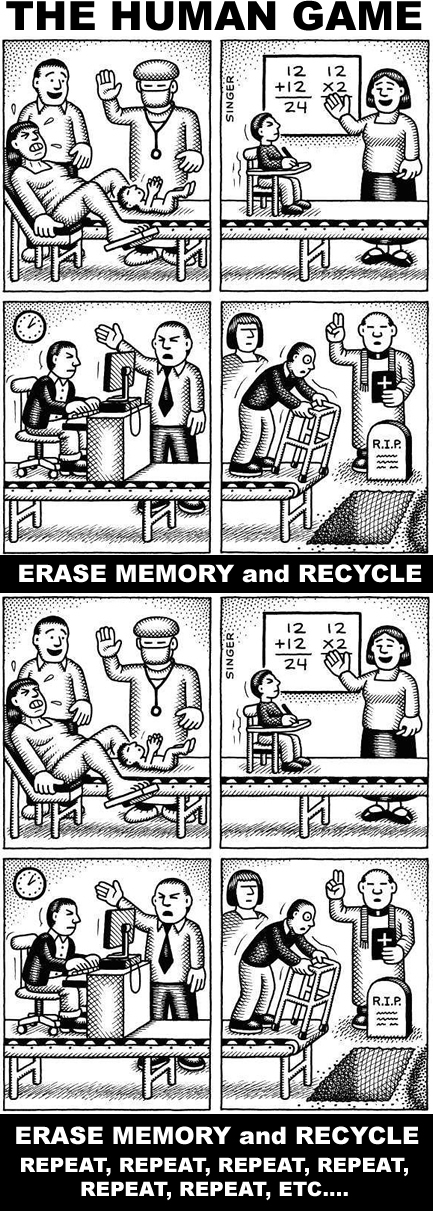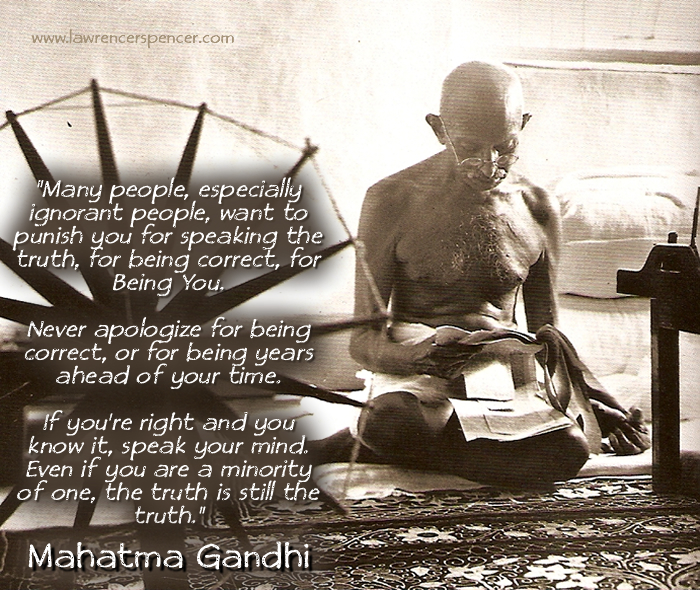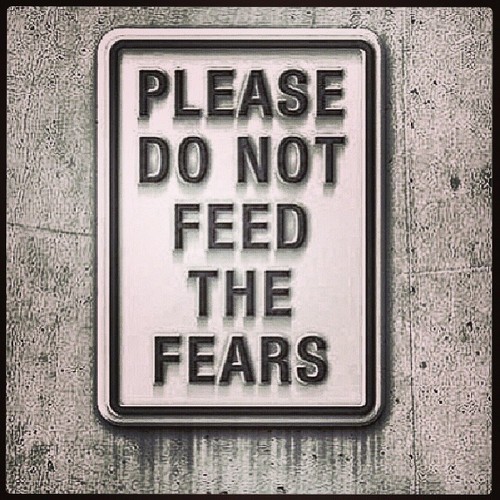Republished by Blog Post Promoter
COMMENTS ON REINCARNATION and THE IMMORTALITY OF THE SOUL, by famous thinkers, as these may be related to the life, death, memory erasure and reincarnation of souls on Earth:
Krishna – Bhagavad Gita (5th Century B.C.E. or earlier)
“Learn thou! the Life is, spreading life through all; It cannot anywhere, by any means, Be anywise diminished, stayed, or changed. But for these fleeting frames which it informs with spirit deathless, endless, infinite, They perish. Let them perish, Prince! and fight! He who shall say, “Lo! I have slain a man!” He who shall think, “Lo! I am slain!” Those both know naught! Life cannot slay. Life is not slain!”
Socrates (469 BC–399 BC) Classical Greek philosopher.
“I am confident that there truly is such a thing as living again, that the living spring from the dead, and that the souls of the dead are in existence.”
Origen (ca. 185–ca. 254) was an early Christian scholar, theologian, and one of the most distinguished of the early fathers of the Christian Church.)
“It can be shown that an incorporeal and reasonable being has life in itself independently of the body… then it is beyond a doubt bodies are only of secondary importance and arise from time to time to meet the varying conditions of reasonable creatures. Those who require bodies are clothed with them, and contrariwise, when fallen souls have lifted themselves up to better things their bodies are once more annihilated. They are ever vanishing and ever reappearing.”
Voltaire (21 November 1694 – 30 May 1778), Enlightenment writer and philosopher
“It is not more surprising to be born twice than once; everything in nature is resurrection.”
Benjamin Franklin (January 17, 1706 – April 17, 1790) was one of the Founding Fathers of the United States of America.
“I look upon death to be as necessary to the constitution as sleep. We shall rise refreshed in the morning.” And, “Finding myself to exist in the world, I believe I shall, in some shape or other always exist.”
Ralph Waldo Emerson (May 25, 1803 – April 27, 1882) American essayist
“It is the secret of the world that all things subsist and do not die, but only retire a little from sight and afterwards return again. Nothing is dead; men feign themselves dead, and endure mock funerals…and there they stand looking out of the window, sound and well, in some strange new disguise. The soul comes from without into the human body, as into a temporary abode, and it goes out of it anew it passes into other habitations, for the soul is immortal.”
Walt Whitman (May 31, 1819 – March 26, 1892) American poet
“I know I am deathless. No doubt I have died myself ten thousand times before. I laugh at what you call dissolution, and I know the amplitude of time.”
Helena Blavatsky, Secret Doctrine, Vol. II, p. 424 (12 August 1831— May 8, 1891)
“That which is part of our souls is eternal. . . Those lives are countless, but the soul or spirit that animates us throughout these myriads of existences is the same; and though “the book and volume” of the physical brain may forget events within the scope of one terrestrial life, the bulk of collective recollections can never desert the divine soul within us. Its whispers may be too soft, the sound of its words too far off the plane perceived by our physical senses; yet the shadow of events that were, just as much as the shadow of the events that are to come, is within its perceptive powers, and is ever present before its mind’s eye.”
Herman Hesse (2 July 1877—9 August 1962)
“He saw all these forms and faces in a thousand relationships become newly born. Each one was mortal, a passionate, painful example of all that is transitory. Yet none of them died, they only changed, were always reborn, continually had a new face: only time stood between one face and another.”
Jack London, author, best known for book “Call of the Wild”
“I did not begin when I was born, nor when I was conceived. I have been growing, developing, through incalculable myriads of millenniums. All my previous selves have their voices, echoes, promptings in me. Oh, incalculable times again shall I be born.”
Albert Schweitzer (14 January, 1875 – 4 September, 1965) Alsatian theologian, who received the 1952 Nobel Peace Prize in 1953.
“Reincarnation contains a most comforting explanation of reality by means of which Indian thought surmounts difficulties which baffle the thinkers of Europe.”
Mark Twain (November 30, 1835 – April 21, 1910) American Author
“I have been born more times than anybody except Krishna.”
Mahatma Gandhi (2 October 1869 – 30 January 1948) leader of the Indian independence movement.
“I cannot think of permanent enmity between man and man, and believing as I do in the theory of reincarnation, I live in the hope that if not in this birth, in some other birth I shall be able to hug all of humanity in friendly embrace.”
Henry Ford (July 30, 1863 – April 7, 1947) Founder of the Ford Motor Company
“I adopted the theory of reincarnation when I was 26. Genius is experience. Some think to seem that it is a gift or talent, but it is the fruit of long experience in many lives. I am in exact accord with the belief of Thomas Edison that spirit is immortal, that there is a continuing center of character in each personality. But I don’t know what spirit is, nor matter either. I suspect they are forms of the same thing. I never could see anything in this reputed antagonism between spirit and matter. To me this is the most beautiful, the most satisfactory from a scientific standpoint, the most logical theory of life. For thirty years I have leaned toward the theory of Reincarnation. It seems a most reasonable philosophy and explains many things. No, I have no desire to know what, or who I was once; or what, or who, I shall be in the ages to come. This belief in immortality makes present living the more attractive. It gives you all the time there is. You will always be able to finish what you start. There is no fever or strain in such an outlook. We are here in life for one purpose—to get experience. We are all getting it, and we shall all use it somewhere.”
General George S. Patton (November 11, 1885 – December 21, 1945) U.S. Army officer
“Through the travail of the ages,
Midst the pomp and toil of war,
Have I fought and strove and perished,
Countless times upon this star.
So as through a glass, and darkly
The age long strife I see
Where I fought in many guises,
Many names, – but always me.”
________________________________________
Excerpted from the Introductory pages of the book VERMEER: PORTRAITS OF A LIFETIME, by Lawrence R. Spencer




